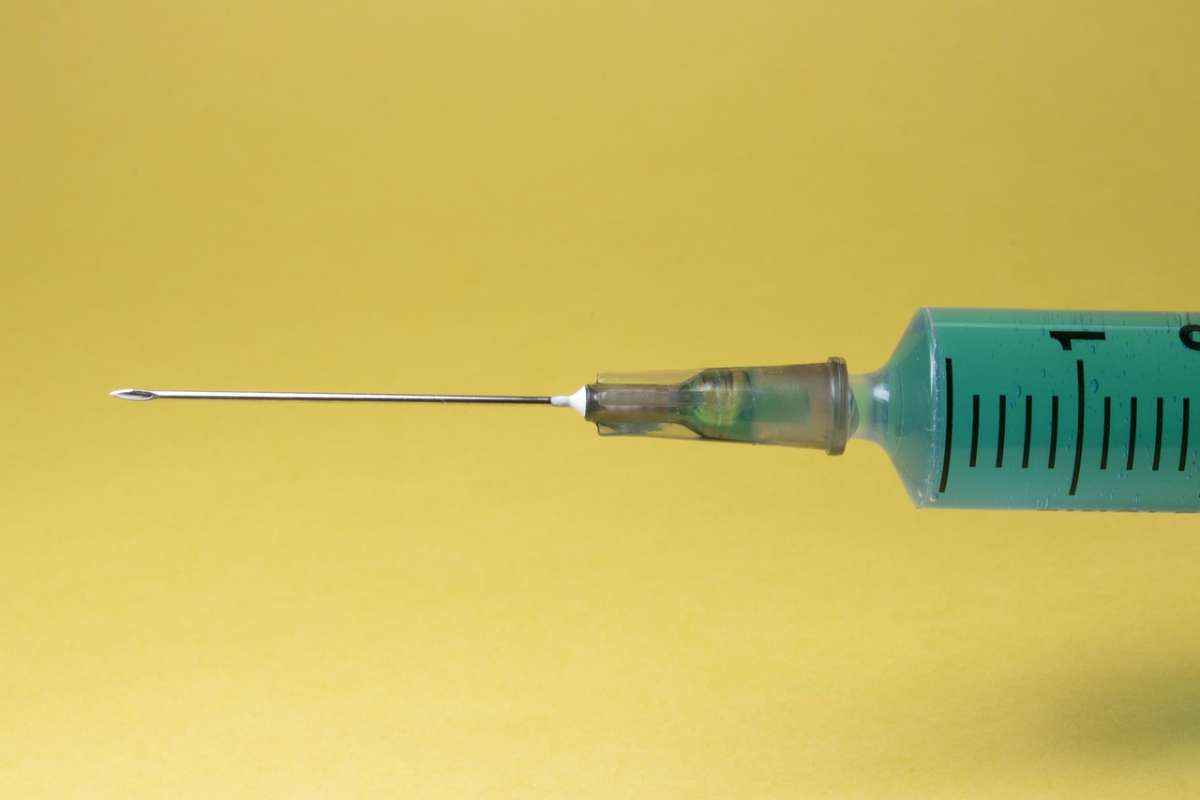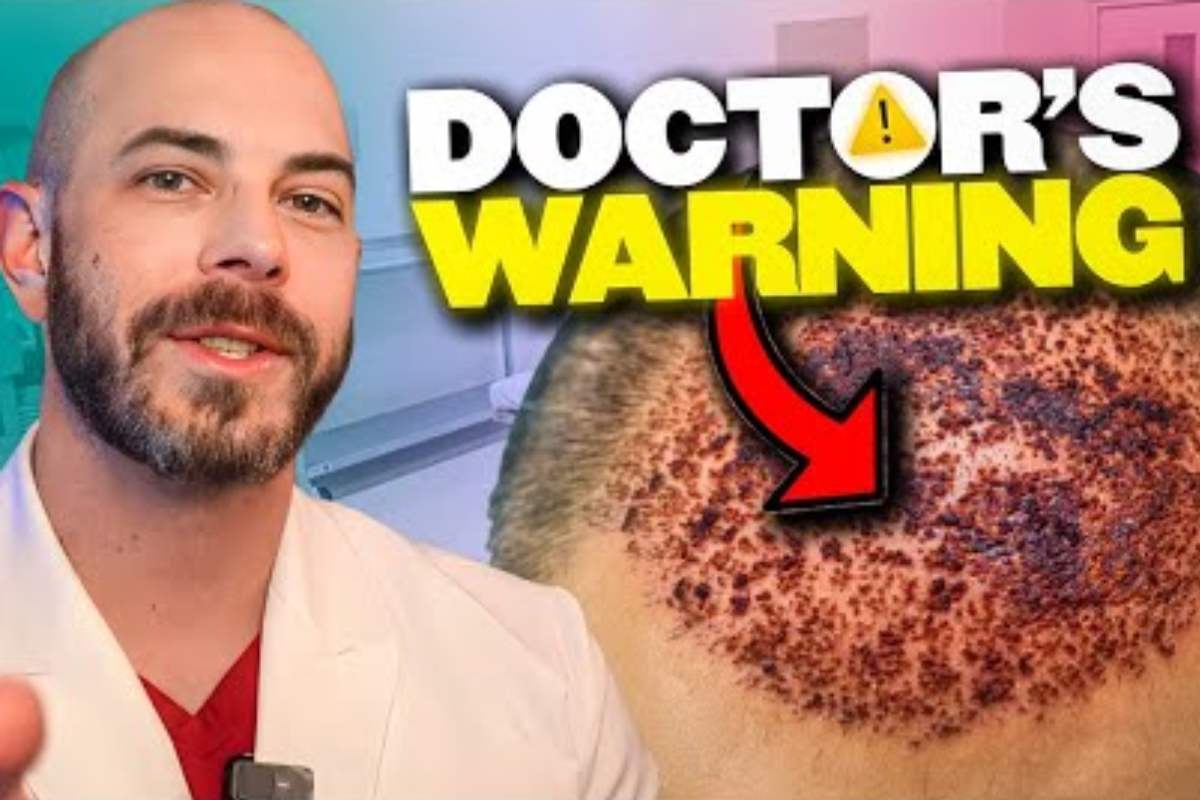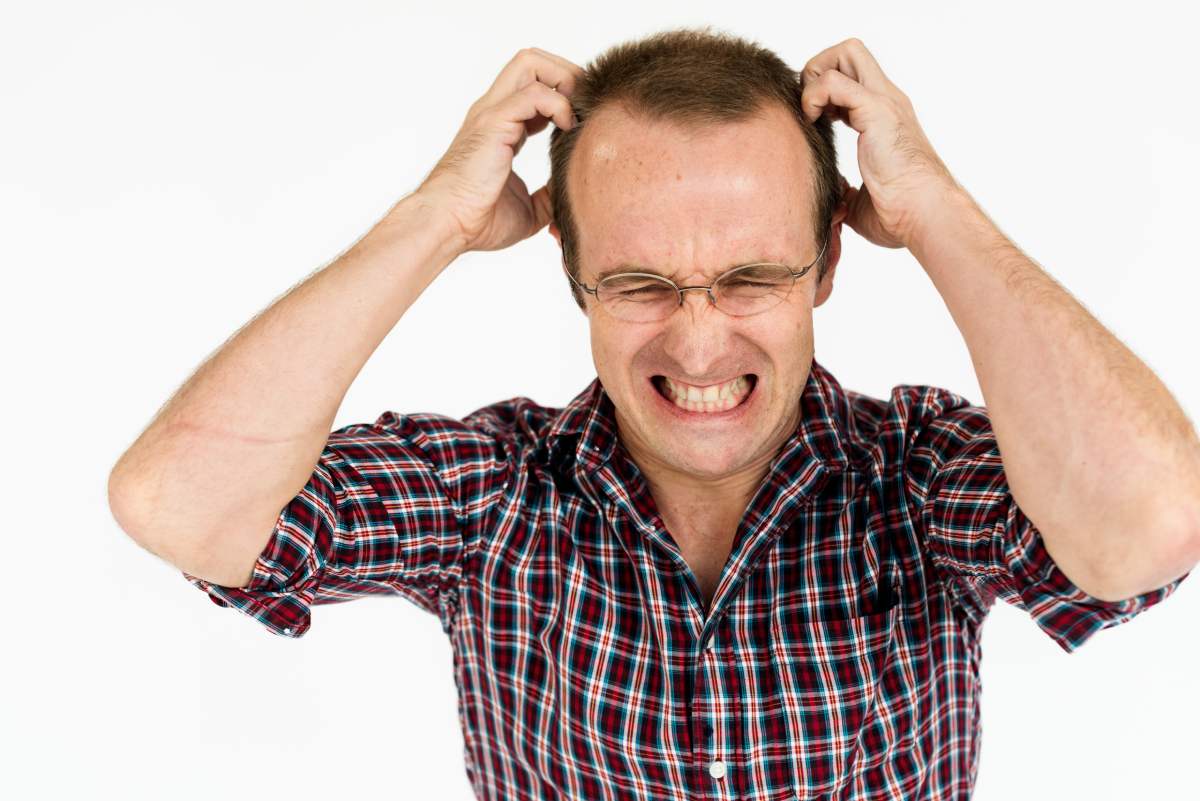It’s been said that around 30% of men have experienced noticeable hair loss by the time they reach 30 years of age. Many of these men opt to start using hair loss medication in order to combat this onset of male pattern baldness.
As with any medications, there may be some side effects associated with the use of hair loss medication – of which erectile dysfunction (ED) is one of them. In 2017, scientists from Northwestern University set out to find if a sizable portion of men continue to suffer from ED after stopping the hair loss drugs.
While the negative sexual side effects of these drugs are well-known and publicized, the media misinterpreted a portion of this study and came out with some pretty sensational claims.
The Study
The scientists focused their study on men who were taking Finasteride and Dutasteride in order to treat hair loss. They were specifically looking at the chemical 5a-RI and whether long term exposure could result in erectile dysfunction.
Out of the 11,909 men they studied, 167 of them (1.4%) developed erectile dysfunction that lasted for longer than 90 days after discontinuing the drug. The study ultimately found that the risk of erectile dysfunction in men was higher when exposed to 5a-RIs for longer periods of time. They also found that younger men (under 42 years of age) were at greater risk of developing erectile dysfunction if exposed to 5a-RI for over 205 days.
The fact that Finasteride can cause erectile dysfunction in some men was already known prior to this study. Before the product went to market, the manufacturer ran clinical trials and found that around 4% of men reported adverse sexual side effects.
The Controversy
In March of 2017, a major newspaper ran a story, which claimed that taking a well-known hair loss medication, would lead to a substantially increased risk of erectile dysfunction (ED). The newspaper also made the claim that if someone does suffer from ED, that Viagra won’t be able to help them.
A scientific rebuttal debunked some of the more sensational claims that the newspaper article was making and informed readers that the newspaper had misinterpreted the study by claiming that Viagra won’t work. In actuality, the study only looked at whether or not Viagra was prescribed. It didn’t dive any further than looking at medical records of the participants of the study.
The rebuttal also went on to say that the newspapers were exaggerating their claims. They said that the media didn’t make it clear in their reporting that the risk of persistent ED problems after stopping Finasteride was extremely low.
The truth is that 50% of men over the age of 50 experience some element of ED; it’s an unfortunately reality of aging. Also, those with diabetes, high blood pressure, or mental health issues, like depression and anxiety, are even more likely to experience ED. Your hair loss drug is a much less common culprit.
Other Hair Loss Treatments
If the low risk of erectile dysfunction is a still a concern when it comes to taking Finasteride, there are plenty of other hair growth treatment options on the market.
Low-Level Laser Light Therapy – A low-level laser beam is used to trigger enhanced cellular activity in the cells. Aging cells become more active which can stimulate hair growth. The science behind why this works is still being researched. Low-level laser therapy is safe and effective and won’t require any drugs to be taken that might trigger side effects. Treatment takes around 20 minutes, twice a week.
Minoxidil (Rogaine) 5% – Minoxidil was originally used by doctors to treat high blood pressure. It does not contain Finasteride and it could help certain individuals. Results may vary per user as it does not have an effect upon the hormonal process of hair loss.
Platelet Rich Plasma PRP – Platelet-Rich Plasma is a non-surgical option for patients who don’t want, or can’t afford a surgical procedure. PRP consists of using micro injections of platelets to help stimulate hair growth. The patients own blood is extracted by the doctor and then treated in a centrifuge. The process separates the platelets which are then injected into the scalp using micro needles.
Due to the patient using their own blood for this procedure, side effects are minimal. Pain is very minimal and after the procedure is done the patient can resume normal daily activities. There are no drugs or harmful side effects to PRP Therapy.
Conclusion
The sexual side effects of Finasteride have been known prior to the product coming on the market, so these claims and stories are nothing new. A very low percentage of men could experience some form of erectile dysfunction, but as with all medications, there are always some small risk of side effects. Those men who are under 42 years of age tend to be in the greatest risk group, however if the patient does experience ED, it will usually go away after discontinuing usage of the hair loss drug.
Hair Transplant Center in San Antonio
With all the confusing news stories regarding hair loss drugs, your best bet is to consult the professionals. If you have any questions about hair loss drugs contact us today at the Limmer Hair Transplant Center to schedule an appointment. Our hair restoration experts will sit down with you and go over the options available to help you make the right choice in hair loss treatments.







